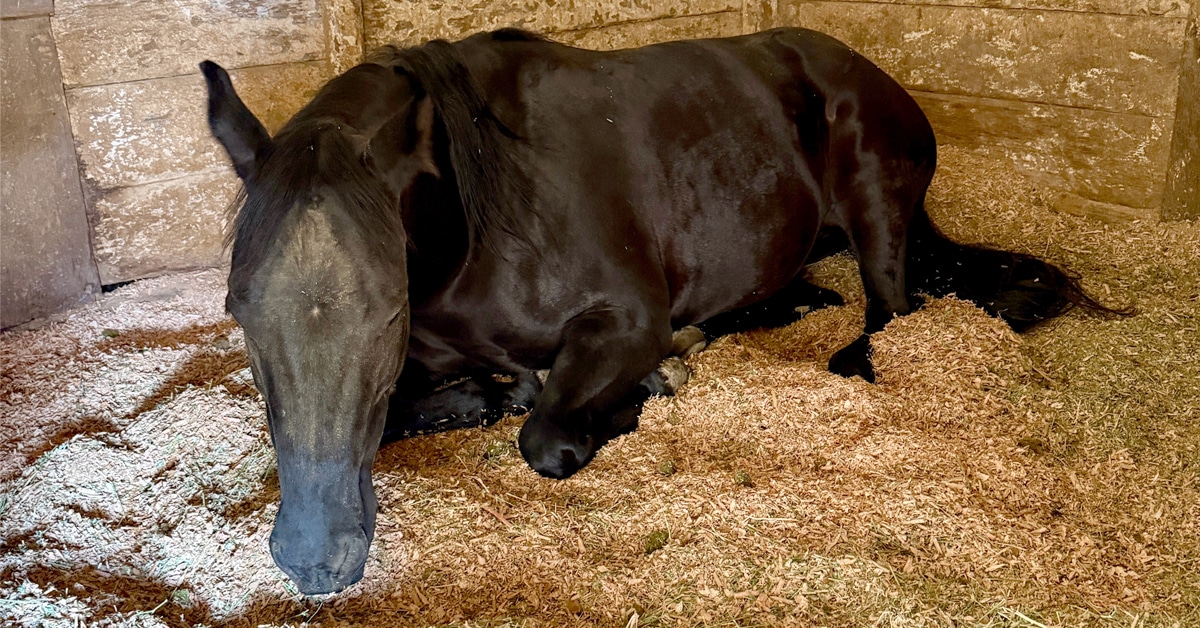The equestrian industry represents a $300 billion global market with significant growth potential. With over 60 million horses worldwide and 335 million riders, this specialized sector offers substantial investment opportunities. Whether you’re developing equine technology, launching a training facility, or creating specialized equestrian products, attracting the right investors requires understanding both the unique aspects of the horse world and investor expectations.
Understanding the Equestrian Investment Landscape
Investors considering equestrian ventures look for clear market differentiation and scalability. The US accounts for more than half of the global equestrian economic impact, with Europe representing approximately 20%. This concentration provides strategic focus for investment pitches. The industry supports 1.4 million full-time jobs in the US alone, demonstrating its economic significance.
Specialized angel investors and venture capitalists increasingly recognize opportunities in this space. Smart Horse Technologies recently secured €1.6 million in funding for their AI-powered equestrian coaching solution, aiming to generate €35 million in subscription revenue within four years by targeting just 5% of riders and 12% of coaches.
Finding the Right Investors
Target investors with equestrian industry experience or interest. Specialized investment groups like SP RHODES offer bespoke angel investing exclusively for equestrian startups, bringing both capital and industry expertise.
Racing-focused ventures may find additional opportunities through partnerships with established gaming organizations or by understanding the betting ecosystem, which is a significant part of the horse racing industry. The horse racing industry contributes $3.5 billion annually to the US economy, with betting being a key component. Platforms like Vegas Insider play a role in this ecosystem by offering horse racing betting opportunities, which can indirectly reflect market trends and consumer interest. Those interested in learning more about how such platforms operate and the different bonuses they provide can click here to find out more. However, for detailed market analytics and revenue opportunities, startups should consult industry-specific research and data analytics firms.
Crafting an Effective Investment Pitch
Your pitch must demonstrate:
1. Market understanding: Show knowledge of the specific segment you’re targeting. The US equestrian market alone is valued at $40 billion, with approximately 58,000 horse-related businesses.
2. Revenue model clarity: Detail how you’ll generate sustainable income. Horse-related businesses offer multiple revenue streams – the average annual expenditure per horse is $4,000, creating recurring revenue opportunities.
3. Technological advantage: Highlight how technology creates competitive barriers. The global equine healthcare market will reach $2.5 billion by 2026, while equine equipment will exceed $2.5 billion by 2025.
4. Team expertise: Combine equestrian knowledge with business acumen. Investors value teams that understand both horses and business scalability.
The Investment Process
Prepare for a multi-stage investment process:
1. Non-disclosure agreements: Standard protection for both parties
2. Initial screening: Brief presentation of your concept and market opportunity
3. Due diligence: Detailed analysis of your business model, market position, team capabilities, and financials
4. Valuation and terms: Negotiation based on current metrics and growth potential
Building Investor Confidence
Demonstrate traction before seeking investment. Successful horse businesses start with low-cost offerings like introductory lessons or workshops before scaling to premium services. This validates your concept and builds customer data that investors value.
Document market testing results and early customer acquisition costs. The horse feed market alone will reach $13.7 billion by 2024, while the supplements market grows at 5.5% annually – showing investors the size of adjacent markets can strengthen your case.
Equestrian ventures that secure funding typically show both industry expertise and business innovation, combining passion for horses with pragmatic execution strategies that address clear market gaps with scalable solutions.
The Latest












